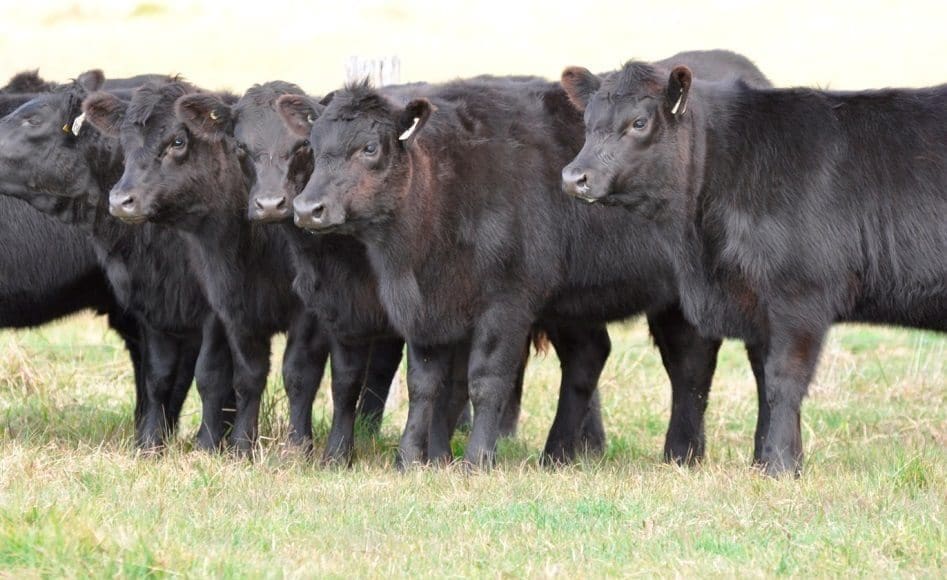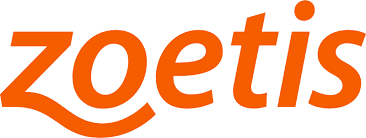
A SIGNIFICANT regulatory change that took place last year has sparked rapid uptake of a vaccine designed to protect stock from the debilitating respiratory disease, Infectious Bovine Rhinotracheitis (IBR).
Previously, only vets could prescribe and supply Rhinogard vaccine, via an S4 classification under the national Scheduled Medicines Act. The product could not even be advertised or promoted to the broader industry.
However Rhinogard is now removed from the Scheduled Medicines list and is freely available to the industry through over-the-counter sales, and can be openly discussed at events like Beef 2024.
Product manufacturer Zoetis has seen a significant rise in sales of Rhinogard IBR since the APVMA regulatory adjustment.
For many beef producers attending Beef 2024, this will be the first opportunity since access was simplified to talk face-to-face with Zoetis personnel about the cost/benefit of Rhinogard vaccine programs.
The single-dose intra-nasal spray vaccine protects cattle against Infectious Bovine Rhinotracheitis, providing rapid onset of immunity after vaccination.
More convenient, easier to handle
In addition to the scheduling change, Rhinogard has moved from a wet-frozen vaccine formulation with limited expiry dates, to a freeze-dried product which is much easier to store and use.
Minimum pack size under the new freeze-dried format has gone from 500 doses to smaller 10 and 50 dose packs.
For practical reasons, including pack-size, Rhinogard has for the past 20 years been used primarily by larger-scale commercial feedlot operators who enjoy high cattle turnover and easy access to vets. But easier access and changes to the formulation and pack sizes now means the protection benefits can start earlier in the production cycle, back on-farm.
Resellers, veterinarians and merchandise outlets now stock the product, including smaller pack-sizes, on their shelves for direct sale to smaller feedyards and the broader production sector, meaning the industry can now access and use the product more conveniently
The fact that Rhinogard is a single-dose product makes it easy to administer at weaning or branding, without the need for bringing cattle in a second time for re-treatment.
Background
Infectious Bovine Rhinotracheitis (IBR) is a common viral infection of cattle, damaging the animal’s airways, and increasing the risk of more complex respiratory disease.
Australian disease surveillance shows that IBR is one of the most common viral components of the bovine respiratory disease (BRD) complex. Cattle are at risk both on-farm, and in the feedlot, with 80-90pc of cattle herds showing evidence of prior exposure.
Vaccination stimulates an immune response in the animal’s upper respiratory airways, providing protection at the site where the virus enters the body.
Field studies conducted during the registration of Rhinogard showed that when given prior to field challenge, the vaccine improves average daily gains and feed conversions in cattle, compared with control animals.
Application beyond the feedyard
As beef herds get bigger and weaner management becomes more intensive in pursuit of greater productivity, more on-property vaccination for IBR is occurring, especially prior to, or at the time of high stress management activities such as weaning, where respiratory disease is commonly seen.
Most cattle producers now have cattle handling facilities that allow easy nasal administration of the vaccine.
Some larger-scale producers with high cattle turnover have been routinely administering Rhinogard vaccine in the pre-feedlot stage for some time. But the new formulation with more flexible expiry dates and a range of smaller pack-sizes is seeing much broader uptake among beef producers for protection of young cattle. In some cases, feeder cattle may also be sold as pre-vaccinated.
There is also growing use of Rhinogard in vaccinating bulls. Routine treatment of bulls has not happened in the past because of the previous practicalities surrounding Rhinogard pack-size (minimum 500 doses) with limited expiry dates. Where bulls are intended for entry to semen collection facilities, owners should speak to their vet prior to administering Rhinogard.
Rapid protection against BRD in young cattle is easy with a one-time treatment utilising Rhinogard IBR co-administered with Bovi-Shield MH-ONE for Mannheimia Haemolytica (MH). No priming dose is required for either vaccine meaning animals are protected quickly.
Zoetis at Beef 2024
 Zoetis will have a team of personnel at Beef 2024, with stands on the Nutrien, Elders and Total Rural commercial trade sites, as well as a dedicated Zoetis Genetics presence (site E32) in the Exhibition Hall genetics precinct.
Zoetis will have a team of personnel at Beef 2024, with stands on the Nutrien, Elders and Total Rural commercial trade sites, as well as a dedicated Zoetis Genetics presence (site E32) in the Exhibition Hall genetics precinct.
All will be manned by staff able to discuss the value in including Rhinogard IBR in vaccination programs.
In addition, the Immune Ready program will be outlined by Australian Cattle Veterinarians Association speakers during seminars being staged as part of Droughtmaster and Braford breed events.



HAVE YOUR SAY